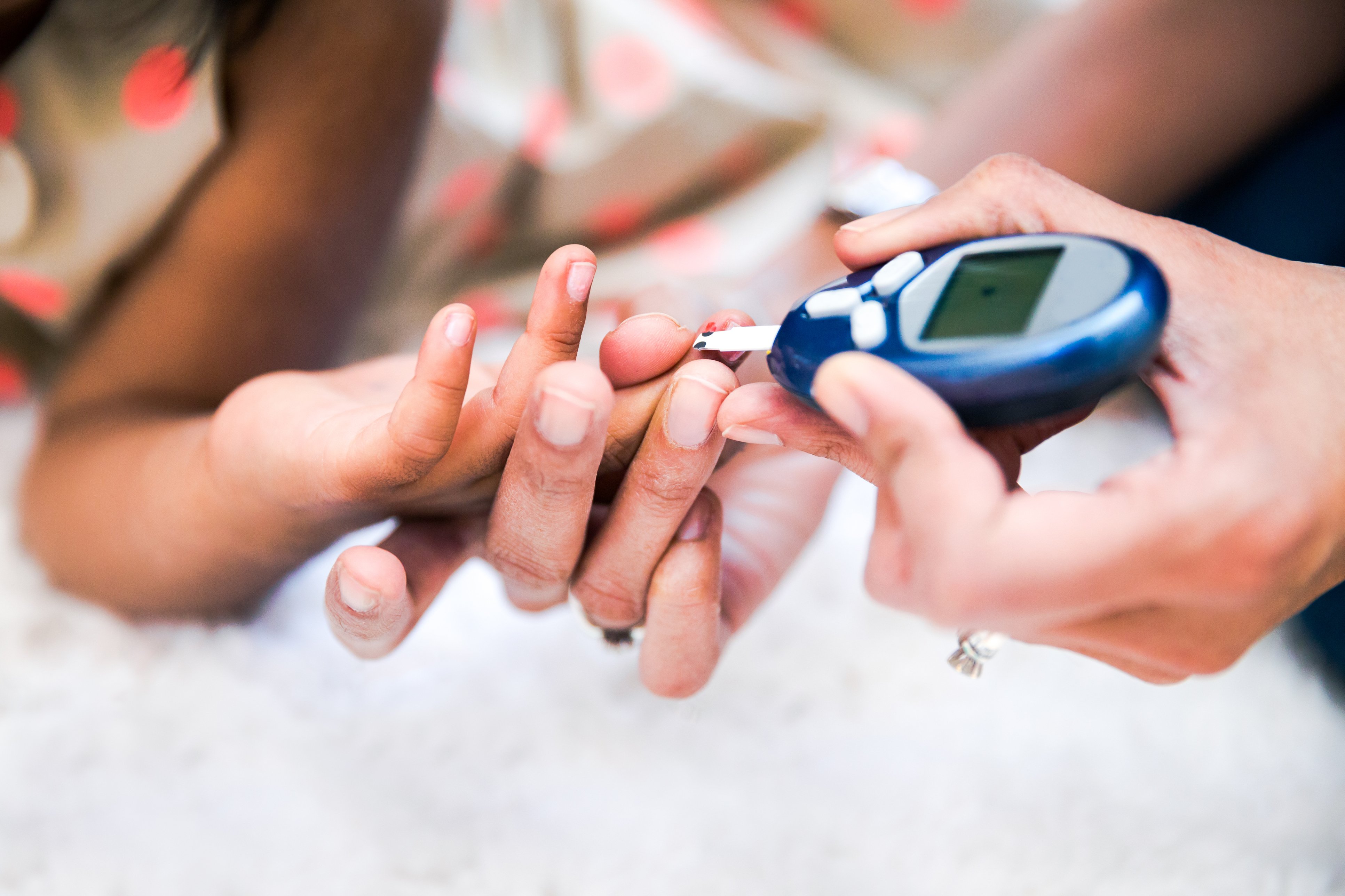Optimal diabetes management requires healthy, balanced eating, combined when necessary with insulin and/or medication, and blood glucose (sugar) control.
Relationship between insulin and food in diabetes management
The best way to manage your child’s diet is to create a meal plan. Your child’s meal plan provides the basis for healthy eating and safe blood sugar control. Regular mealtimes and snack times, as well as consistent amounts of food are key parts of the plan. Almost all children with diabetes need three or four regular meals to avoid low blood sugar emergencies (hypoglycemia).
For some children who are on intermediate-acting insulin regimens, the meal plan may also include additional snack times, such as a mid-morning, mid-afternoon, or a bedtime snack every day. Flexibility with the amounts of food and number of snacks in a day can be incorporated, depending on your child’s insulin therapy.
Carbohydrates are converted to glucose (sugar) in the body and used for energy. An effective meal plan is a healthy, balanced diet that balances the amount of carbohydrates consumed with the amount of insulin injected. This will ensure stable blood sugar levels and help avoid too many "lows" (hypoglycemia) and "highs" (hyperglycemia).
Adjusting to meal planning
For some families, planning meals is the trickiest part of managing diabetes. At first, you may look at food very differently than you did before. Cooking may require some planning and you will need to measure portions. Grocery shopping trips may take much longer initially right after the diagnosis than in the past, because the nutrition information on food labels becomes more important.
